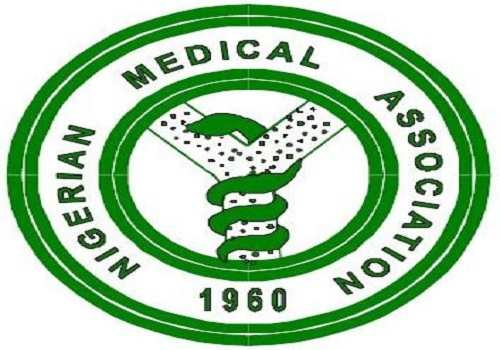Antimicrobial resistance is one of the most complex global health challenges, threatening to reverse the substantial progress against infectious diseases made since the golden era of antibiotic discovery during the second half of the previous century. These “miracles of modern medicine”, and their tremendous gains for health, have long been taken for granted. The world largely ignored repeated WHO warnings that some antibiotics are losing effectiveness after decades of overuse and underuse in human medicine and food production. As WHO reports show, antimicrobial resistance is on the rise in every region of the world.
With few replacement products in the pipeline, the world is moving towards a post-antibiotic era in which common infectious will once again kill. If current trends continue, sophisticated interventions, like organ transplantation, joint replacements, cancer chemotherapy, and care of pre-term infants, will become more difficult or even too dangerous to undertake.
Already, the emergence and spread of drug resistance has made common illnesses, like bacterial pneumonia, post-operative infections, certain cancers, and the world’s biggest infectious killers, namely HIV, tuberculosis, and malaria, increasingly difficult and costly to treat. The tuberculosis experience, in particular, shows how easily drug-resistant strains can pass directly from one person to another and how well they can travel internationally. Second- and third-choice antibiotics are more costly, more toxic, need longer durations of treatment, and may require administration in intensive care units.
Superbugs haunt hospitals and intensive care units all around the world. Gonorrhoea is now resistant to multiple classes of drugs. An epidemic of multidrug-resistant typhoid fever has been rolling across parts of Africa and Asia. Worsening antimicrobial resistance could have serious public health, economic, and social consequences around the world. The World Bank has warned that antimicrobial resistance could cause as much damage to the economy as the 2008 financial crisis.
"The World Bank has warned that antimicrobial resistance could cause as much damage to the economy as the 2008 financial crisis."
 Antimicrobial resistance can be tackled only through a concerted global effort, led by heads of state and global institutions, and through coordinated action by the health and agricultural sectors, in partnership with the food industry, campaign groups, and community organizations. Incentives need to be found to encourage the development of replacement products. The pharmaceutical industry is reluctant to invest in costly antibacterial discovery. The return on investment is poor, as antibiotics are taken for a short time, cure their target disease, and can fail – especially when misused – after a brief market life.
Antimicrobial resistance can be tackled only through a concerted global effort, led by heads of state and global institutions, and through coordinated action by the health and agricultural sectors, in partnership with the food industry, campaign groups, and community organizations. Incentives need to be found to encourage the development of replacement products. The pharmaceutical industry is reluctant to invest in costly antibacterial discovery. The return on investment is poor, as antibiotics are taken for a short time, cure their target disease, and can fail – especially when misused – after a brief market life. Consumers have to stop demanding antibiotics when they have a viral infection, like a cold or influenza. Doctors have to stop prescribing them in appropriately. The medical profession needs better diagnostic tests, so that antibiotics are prescribed only on the basis of a firm diagnosis. More vaccines are needed to prevent infections in the first place.
The food industry needs to reduce its massive use of antibiotics, at sub-therapeutic doses, as growth promoters. Specific antibiotics, listed by WHO as critically important for human medicine, should not be used in animal husbandry or agriculture. Consumers should make antibiotic-free meat their preferred choice. Governments need closely aligned policies on the responsible use of medicines in human and animal health, and new standards for antibiotic use in food production. All of these actions are urgently needed.
ABUJA: Training Schedule for Basic Life Support BLS, Pediatric Advanced Life Support (PALS), Advanced Cardiovascular Life Support ACLS, First Aid, CPR, AED
PORTHARCOURT: Training Schedule for Basic Life Support BLS, Pediatric Advanced Life Support (PALS), Advanced Cardiovascular Life Support ACLS, First Aid, CPR, AED
LAGOS: Training Schedule for Basic Life Support BLS, Pediatric Advanced Life Support (PALS), Advanced Cardiovascular Life Support ACLS, First Aid, CPR, AED
STOP paying for airtime and electricity, Let your phone pay its bills with ScreenT





